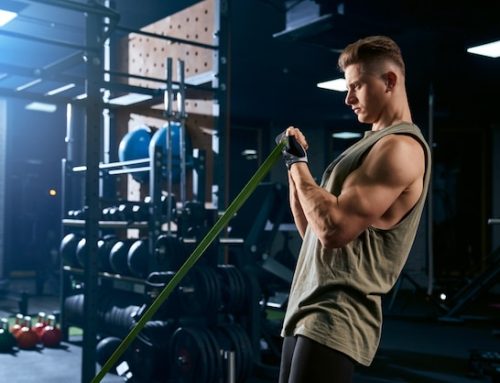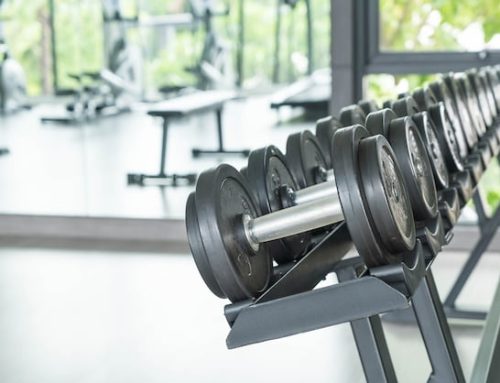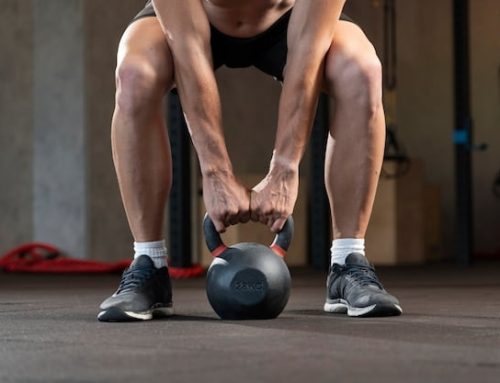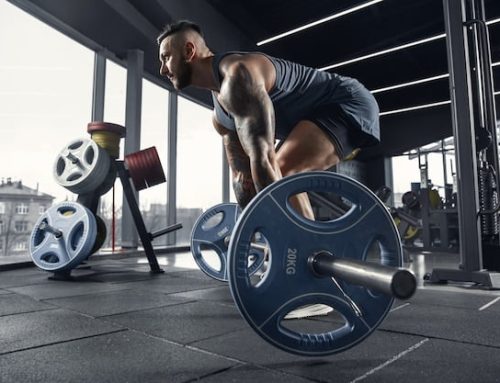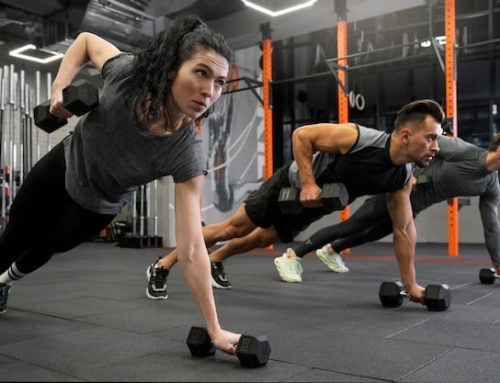Introduction
Weightlifting has always been a popular form of exercise among fitness enthusiasts. With the growing trend of fitness and bodybuilding all over the world, weightlifting has emerged as one of the most effective ways to improve muscular strength and endurance. But, have you ever wondered if sore muscles after a workout mean muscle growth? Let’s dive into the science behind muscle soreness and growth.
The Science Behind Muscle Soreness
Muscle soreness or “Delayed Onset Muscle Soreness” (DOMS) is a common occurrence after a strenuous workout session, especially if it was the first time working out or changing to a new exercise routine. DOMS is characterized by pain, stiffness, and tenderness in the muscles that were trained. This soreness usually occurs within 24-72 hours after the workout and can last up to 5-7 days.
The reason for muscle soreness is mainly due to muscle damage caused by the eccentric portion of the workout. Eccentric exercises cause the muscle to lengthen, leading to small tears in the muscle fibers. These tears are responsible for the soreness and inflammation that we feel in our muscles the next day.
Does Soreness Mean Growth?
Although soreness is a sign of muscle damage, it doesn’t necessarily mean that your muscles are growing. Soreness is just an indication of muscle damage, which is a normal adaptation process during exercise. However, muscle growth or hypertrophy is a separate process that requires specific conditions to occur.
Muscle hypertrophy is mainly stimulated by progressive overload, which means that you need to consistently increase the load or volume of the workout to provide the necessary stimulus for muscle growth. Soreness, on the other hand, is just a side effect of muscle damage and not the actual cause of muscle growth.
Factors Affecting Muscle Growth
There are various factors that affect muscle growth, including genetics, nutrition, rest, and training intensity. If you want to build muscle, you need to focus on these factors and not just rely on muscle soreness as an indication of muscle growth.
| Factors Affecting Muscle Growth | Explanation |
|---|---|
| Genetics | Your genetic makeup can play a role in how much muscle you can build. |
| Nutrition | Your diet plays a crucial role in muscle growth as it provides the necessary nutrients for muscle repair and growth. |
| Rest and Recovery | Rest and recovery are essential for muscle growth as it allows the body to repair and rebuild muscle tissues. |
| Training Intensity | The intensity of your workout plays a significant role in muscle growth as it provides the necessary stimulus for muscle hypertrophy. |
Conclusion
In conclusion, sore muscles after a workout do not necessarily mean growth. Instead, muscle soreness is just an indication of muscle damage caused by exercise, and muscle growth is a separate process that requires specific conditions. Therefore, if you want to build muscle, you need to focus on various factors such as progressive overload, nutrition, rest, and training intensity, and not just muscle soreness. Consistency is key, so keep pushing yourself to reach your fitness goals, and the results will follow.

